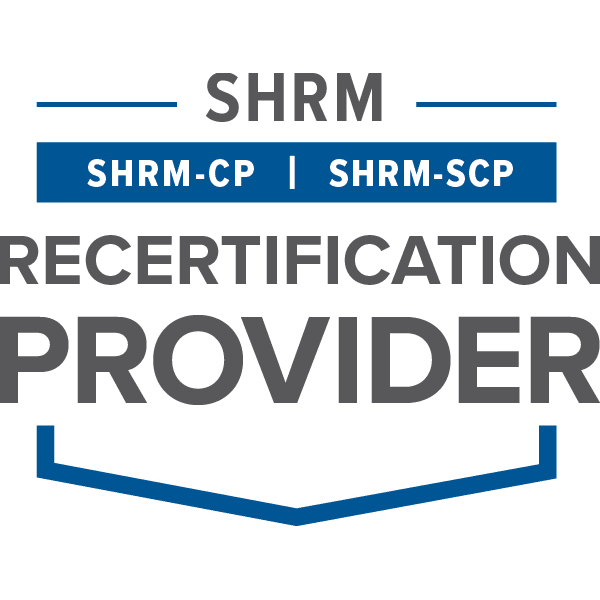“The single biggest problem in communication, is the illusion that it has taken place” George Bernard Shaw
Effective communication is the glue that helps us deepen relationships, manage change, improve problem solving, decision making and teamwork. It enables us to communicate difficult messages without creating conflict. This week I asked our Millennial and Baby Boomer consultants for ways in which we can improve communication skills, here is what they had to say.
From the minute we wake up in the morning to the time we close our eyes at night communication consumes our day. Whether we are emailing, speaking on the phone or having a face to face conversation we need to communicate effectively. Poor communication leads to lack of productively, loss of revenue and overall wasted time which as business professionals we simply cannot afford. Spending our valued time on learning to be better communicators will be the difference between your success and falling short.
Being effective communicators is not something you learn overnight but requires patience. The number one thing all effective communicators have in common is their awareness. They have awareness of self, others and their environment. You must first know yourself and how you like to communicate, however remaining aware of your audience and flexing to how they communicate. Being aware of yourself, your audience and your environment is the first step to being strong and impactful communicators.
Ways in which to improve communication skills starting today……
The single biggest opportunity we find for instantly improving communication is in fully regarding the person in front of you. This sounds simple but it is increasing difficult to achieve. With the constant barrage of incoming information and mental demands, it is a challenge to give anything or anyone full focus. Some simple steps you can take to start fully regarding others now are:
- Scan the other person to check for mood, needs and communication preferences
- Listen with focused curiosity physically and mentally, even if they are contradicting you or you have other things on your mind
- Ask questions that move the conversation toward mutually satisfying results
- Stay open to the new possibilities that might emerge through this focused conversation
- Speak with energy by using vocal variety and passion about the topic at hand
Whether the “person in front of you” is a room filled with executives or a customer on the other end of the phone, regard them fully and they will most likely reward you completely.
Next week we talk about how to handle difficult conversations. Many of the skills needed to manage difficult conversations are referred to as “soft”, but there is nothing soft about managing the way in which to handle an emotional or confrontational situation.




